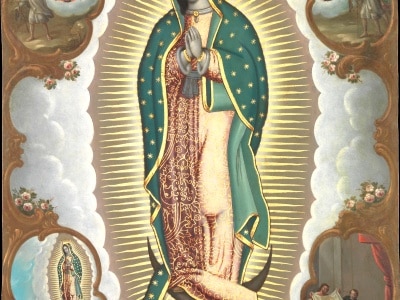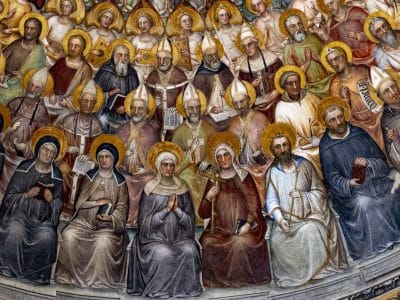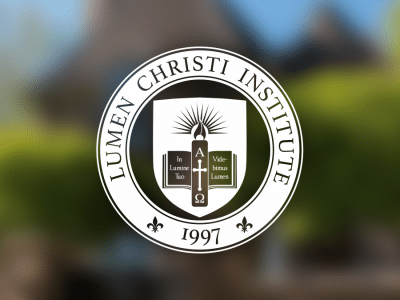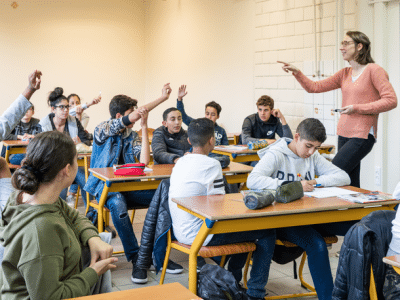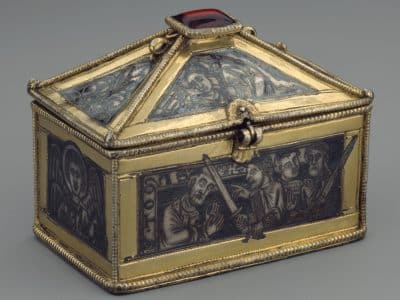News & Media
From 2012 to 2020, Fr. Paul Mankowski, SJ delivered hundreds of lectures and master classes at the Lumen Christi Institute. Seeking to share the depth of his scholarship, this podcast offers many of his lectures (edited for coherence and quality) to the public in digital format for the first time. The first season will feature a course that Fr. Mankowski gave on Joseph Ratzinger’s Jesus of Nazareth and dozens of lectures centered around the books of the Bible (including Genesis, many of the prophets, the Gospel of Matthew, and St. Paul’s Letter to the Romans). Episodes will be released on Mondays, Wednesdays, and Fridays from September through December. To conclude the season, we’ll offer one or two interviews with people who knew Fr. Mankowski well and can offer an entry point to his person and scholarship.
The Lumen Christi Institute’s upcoming Hispanic Theology Series, featuring top Latino/a scholars and focused on sharing the richness and depth of Latino Catholic communities, is sponsored by a recent grant of $16,350 from Our Sunday Visitor Institute. The series, set
This event is co-presented with the Bollandist Society and co-sponsored by America Media, the Jesuit School of Theology of Santa Clara University, the Institute for Advanced Catholic Studies at USC, the Hank Center for the Catholic Intellectual Heritage, and the
Catholic schools serve close to 62 million students globally at the preschool, primary, and secondary levels, with in addition more than 6 million students enrolled at the post-secondary level. By managing the largest non-governmental network of schools and universities in
This event is co-presented with the Bollandist Society. This event is co-sponsored by America Media, the Collegium Institute, the Harvard Catholic Forum, the Jesuit School of Theology of Santa Clara University, the Nova Forum, the Institute for Advanced Catholic Studies
